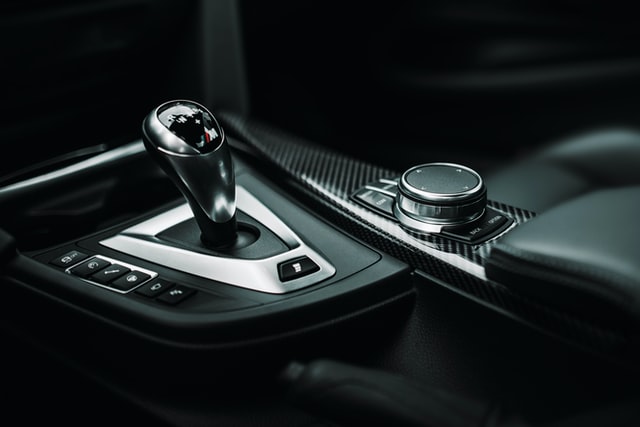When it comes to the transmission in an automatic vehicle, the system is critical to not only the operation of the car but for ensuring you can drive safely and efficiently out on the road. Automatic gearboxes are complex systems that, while easy to drive, require specialist help to diagnose and repair when things go wrong. From grinding and shaking to burning spells, engine lights and more, there are a few telltale signs that something isn’t quite right with your automatic transmission and you may need a mechanic:
Grinding Or Shaking
Whether driving manual or automatic, a car should switch gears smoothly and without any shaking, shaking or grinding but this is particularly true for automatic transmissions. If your vehicle is switching gears with unusual jarring, slipping or shaking sensations, this could be a sign that things aren’t right. In most cases, shaking and grinding can be a sign of damage or wear to bearings, to the planetary gear system or any other components that could be seeing more friction than is needed. If you’re experiencing these issues, it’s important to get your vehicle to a mechanic as soon as possible to avoid the problem getting any worse.
Delayed Or No Response
If you’re experiencing a delay in when your car shifts into gear, particularly in cases where the revs are going particularly high before finally shifting, this could be a sign of a few different issues, including engine problems, low oil or fluids, clogged transmission filters, issues with the clutch or converter, or even issues with the transmission cooler. A complete lack of response from the shifting could be caused by similar issues, but may also be an issue with the computer system, or even just the fluid used. If the fluid has degraded or thickened, it can delay or completely stop the ability to shift gears.
Burning Smells
Any and all burning smells coming from your vehicle are something to not only take note of but to take seriously. Your vehicle shouldn’t smell like burning and if you’re experiencing such a smell, this could be coming from your transmission. In most cases, this may be down to degraded fluid that is allowing for friction between the components and simply needs replacing but in some cases, it could be due to a fluid leak that’s causing low fluid levels in the transmission system itself. Whatever the cause, it’s important to have this checked out by a professional mechanic to prevent any further damage to the system.
Leaking Or Low Fluid
Transmission fluid is not designed to lessen over time and for that reason, if you’re low, there is likely a problem somewhere in the system. While some signs of low or leaking fluid are obvious, such as puddles of red liquid underneath your vehicle, this isn’t always the case. Any sign of friction in the transmission system, such as grinding, shaking or whining noises, should always be checked out to make sure that there isn’t an issue with the fluid or a leak.
Check Engine Light
The ‘check engine’ light is there for a reason, and shouldn’t be ignored when it does appear. While this light isn’t always an indication that something’s wrong with the transmission system itself, it is a clear indication that something isn’t quite right throughout your vehicle related to your engine. Your vehicle is full of a number of sensors that can provide more accurate information and readings than your own eyes often can, so it’s important to trust warning lights and have your car checked by a professional mechanic and any issues fixed before further damage can be caused.
Whining, Humming Or Clunking
Unusual noises like whining, humming or clunking are a concern for any driver and for those with automatic transmissions, it could be a sign that the transmission fluid is breaking down. This fluid goes through a lot across its lifetime and is responsible for ensuring that each part of the transmission system remains lubricated and running smoothly. However, the fluid also breaks down over time and its quality decreases until it is in need of replacement. If you’re hearing any of these noises, it could be a sign that the fluid has broken down too much and your transmission is experiencing an increased level of friction that may be causing damage to the components.
For more information about your automatic transmission and whether there might be an issue, feel free to get in touch with our team, or book your vehicle in for a service or repair, today.

